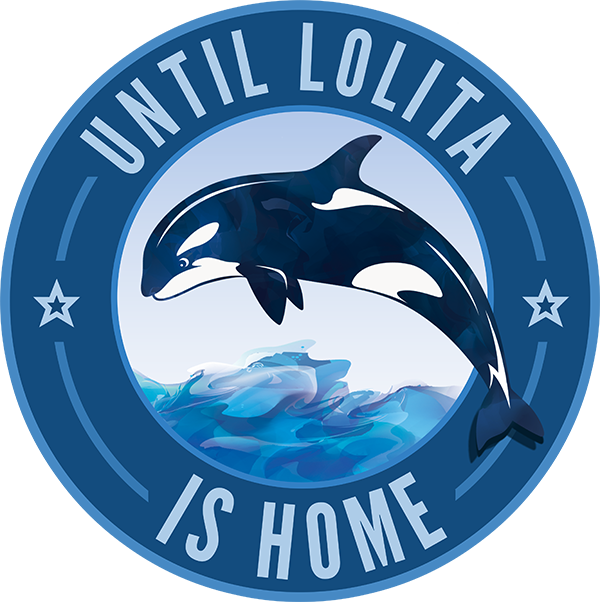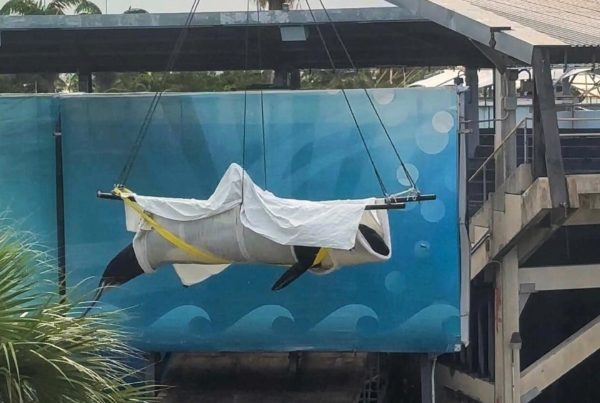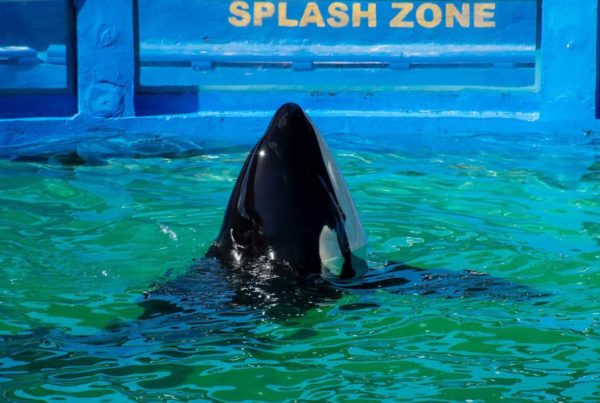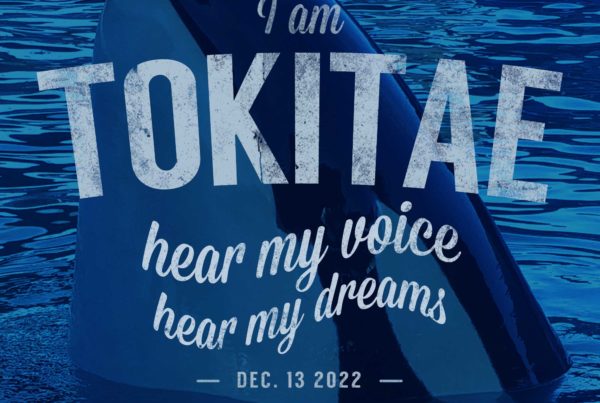“This cetacean has been captive for 49 years in a Miami aquarium, where she performs before the public about three times a day. This Saturday, animal groups take to the streets of Madrid and other cities around the world to demand that the orca be transferred to a marine sanctuary.”
Lolita, with the name of ‘a cantaora’, is an old orca. She is perhaps the orca that has been in captivity for the longest time in the world. Her shiny black skin has been edging in the twenty-foot-deep pool of a Miami dolphinarium for almost fifty years. Specifically, 49 years. “He is one of the greatest icons in the fight against the mistreatment of cetaceans in the aquarium industry,” explains Jonathan Pastor, an activist who, together with various animal groups, is organizing a demonstration in Madrid this Saturday to demand their release.
This 7-meter-long killer whale was captured in the 1970s in Penn Cove (Washington State) along with about 80 marine mammals that were sold to different zoos. Since then, nothing and acts. Like a circus actress, she comes to the surface three times a day in front of a hundred families who applaud her dives. It could be estimated that her fins have already experienced more than 50,000 shows during her life in captivity.
“The goal is to move it to a natural environment”
That is why a multitude of animal groups are demanding their retirement. Her goal is to take Lolita to a sanctuary where she can enjoy the freedom of the ocean for the last years of her life. “Her goal is for her to be transferred to a natural environment that is monitored by biologists and ethologists to ensure that she can rejoin her herd,” Pastor explains.
Of the almost fifty years that Lolita has lived in the Miami Aquarium, she has spent 39 alone. When she arrived at the dolphinarium, when she was about 3 years old, the orca was able to share the small pond with Hugo, another cetacean who died in 1980 after self-harming, according to activists, due to the stress of captivity.
The life of large animals like Lolita in small environments ends up leading to health problems that sometimes end in death. “In a natural environment, an orca has access to a wide variety of species to feed itself, but in a dolphinarium, they depend on the frozen fish that the trainers give them,” explains Miriam Martínez, a veterinarian and spokesperson for the Foundation for Advice and Action in Defense of Animals (FAADA).
“They need to have ties and individuals of their species close by”
On a psychological level, captivity can generate major “depressive problems”, adds the expert. Not only that, but sometimes seclusion can lead to aggressive and self-injurious tendencies. The reality is that these marine mammals have great intelligence and a very strong attachment to the herd. “They need to have ties and individuals of the species close to her,” points out the expert, who recalls that Lolita has not been able to communicate with other members of her species for nearly forty years.
For Pep Arcos, head of the SEO/BirdLife marine program, confining these animals “does not make any sense from a conservation point of view”, while the main reason for captivity is to generate “show and entertainment” for the beings humans. “What is shown in zoos is the degradation of the animal,” adds this expert, who questions the supposed educational perspectives of aquariums.
The reality of the dolphinariums is governed by the principle of the “aesthetic instrumentalization of animals”, as explained by the philosopher Marta Tafalla in her book ‘Ecoanimal. A multi-sensory, ecologist and animalist strategy’. This has to do with the pleasure humans feel when looking at an animal, even though the animal may be experiencing emotional or physical pain. An enjoyment that leads hundreds of people to sit on a bleacher to be splashed by a 3,000-kilo orca.
Thus, to avoid this objectification of animals, thousands of activists will demonstrate this Saturday in various parts of the world, including Madrid, with the interest of freeing Lolita.
– Alejandro Tena, Publico




